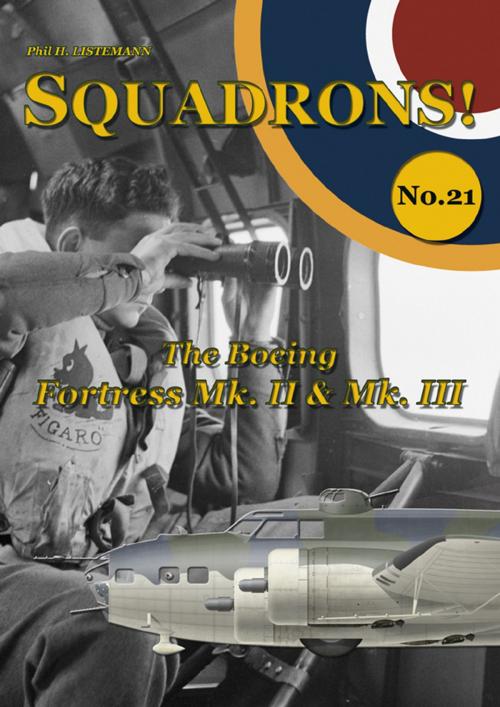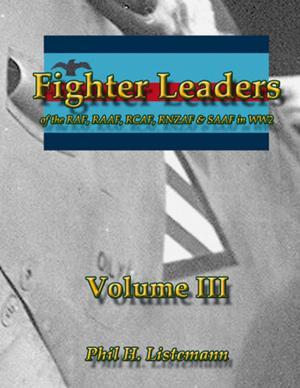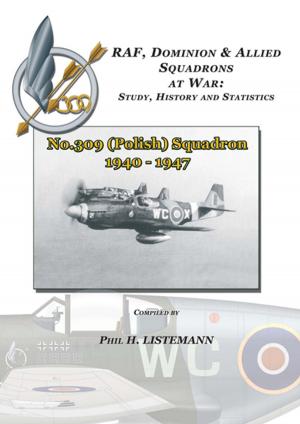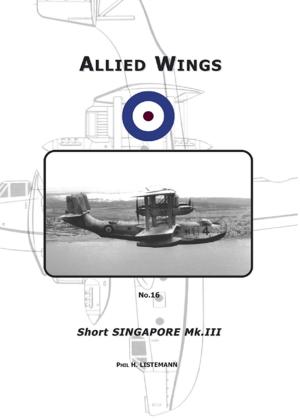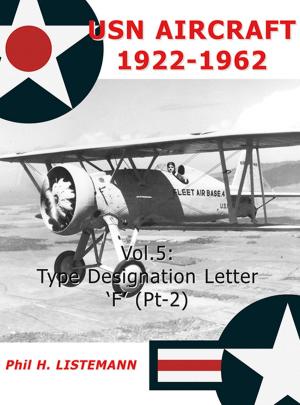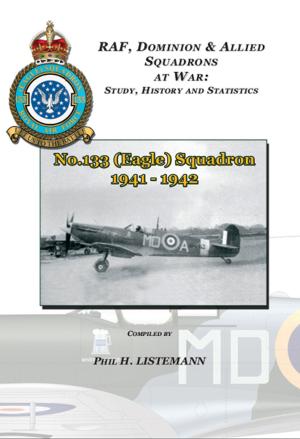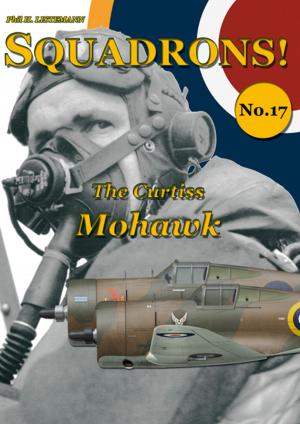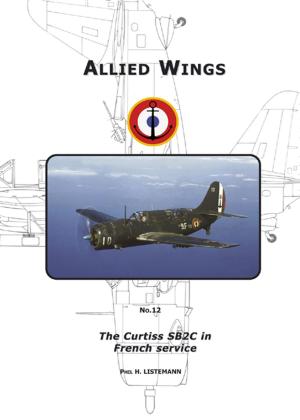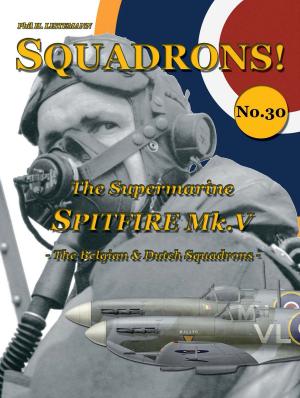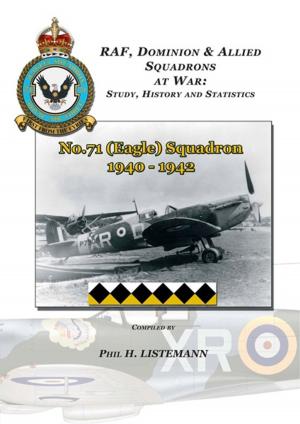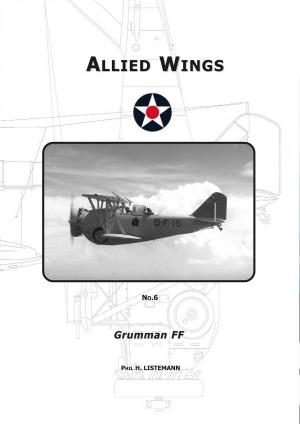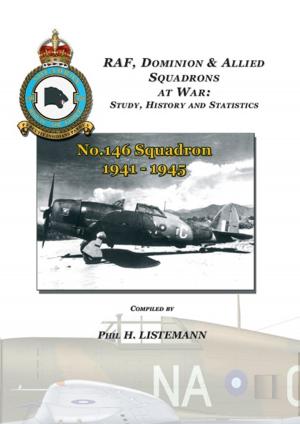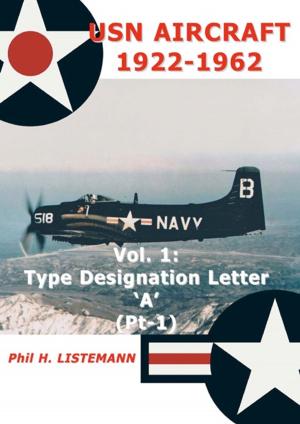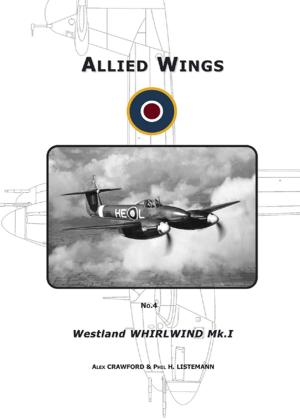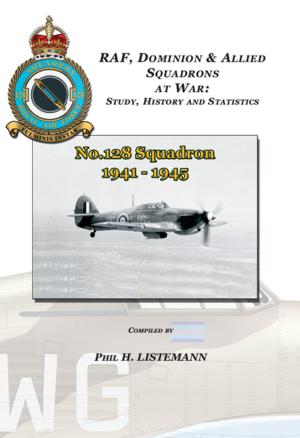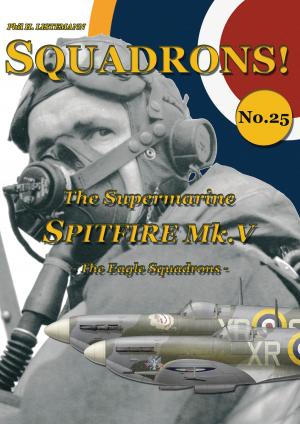| Author: | Phil H. Listemann | ISBN: | 9791096490110 |
| Publisher: | Philedition | Publication: | June 5, 2017 |
| Imprint: | Philedition | Language: | English |
| Author: | Phil H. Listemann |
| ISBN: | 9791096490110 |
| Publisher: | Philedition |
| Publication: | June 5, 2017 |
| Imprint: | Philedition |
| Language: | English |
The Fortress Mk.II and Mk.III were the equivalent of the USAAF’s B-17E/F and G. The Fortress Mk.I was the B-17C as featured in ‘SQUADRONS! No. 4’. The Fortress Mk.I was only used in small numbers (20), but, for the British, it was the first step leading to the large scale introduction of the Fortress to Bomber Command. But that never happened and all the orders were consequently cancelled after the experiment of the Fortress Mk I. However, the RAF found a second interest in the Fortress while the Battle of the Atlantic was raging. Indeed in the meantime, trials of the Fortress in Coastal Command proved satisfactory and, as this Command was looking for long-range land-based patrol aircraft, the Fortress was requested to equiq some Coastal Command squadrons. Later in the war, the Fortress would return in the Bomber Command acting as an ECM aircraft from 1944 until the end of the war, while some others would be used by the Meteorological squadrons by 1945. The operational usage of the Fortress II and III in the RAF is here told in 70 pages, illustrated with 50 photographs and 6 colour profiles. The unexpected usage of the Fortress of the RCAF between 1944 and 1946 is also included in this study.
The Fortress Mk.II and Mk.III were the equivalent of the USAAF’s B-17E/F and G. The Fortress Mk.I was the B-17C as featured in ‘SQUADRONS! No. 4’. The Fortress Mk.I was only used in small numbers (20), but, for the British, it was the first step leading to the large scale introduction of the Fortress to Bomber Command. But that never happened and all the orders were consequently cancelled after the experiment of the Fortress Mk I. However, the RAF found a second interest in the Fortress while the Battle of the Atlantic was raging. Indeed in the meantime, trials of the Fortress in Coastal Command proved satisfactory and, as this Command was looking for long-range land-based patrol aircraft, the Fortress was requested to equiq some Coastal Command squadrons. Later in the war, the Fortress would return in the Bomber Command acting as an ECM aircraft from 1944 until the end of the war, while some others would be used by the Meteorological squadrons by 1945. The operational usage of the Fortress II and III in the RAF is here told in 70 pages, illustrated with 50 photographs and 6 colour profiles. The unexpected usage of the Fortress of the RCAF between 1944 and 1946 is also included in this study.
